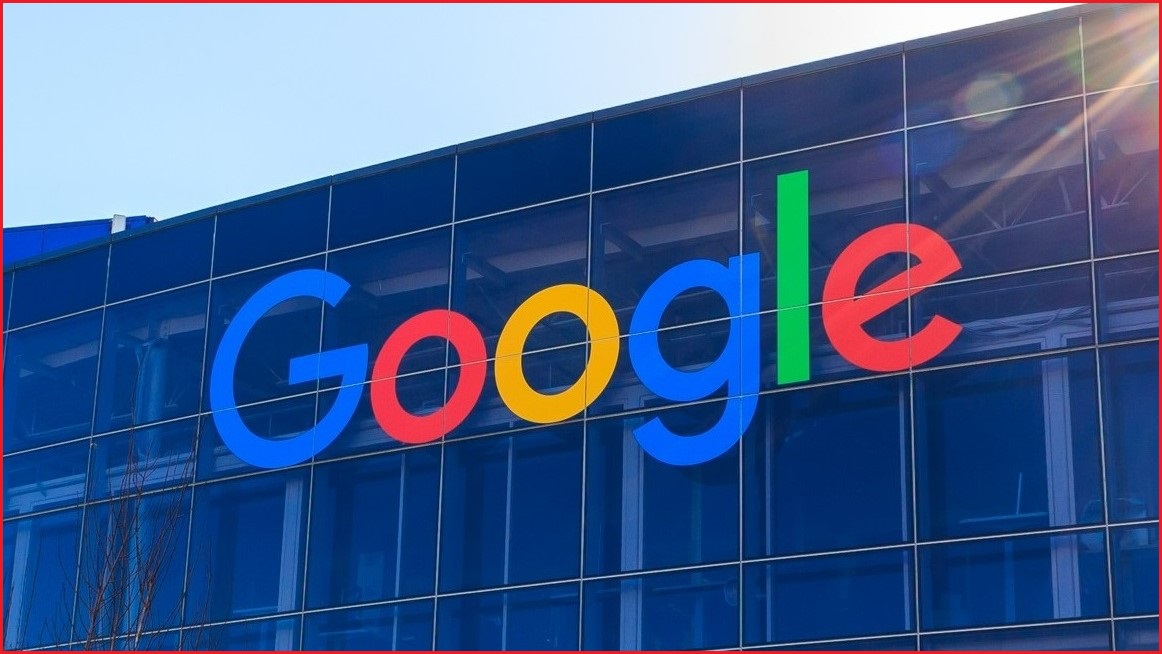Tech giant Google has won an appeal in the High Court to overturn a ruling that found its inclusion of a defamatory news story in its search results was itself an act of defamation.
Victorian courts had found in favour of lawyer George Defteros, whose alleged involvement in Melbourne’s notorious gangland wars were published in newspaper stories, after he successfully argued that Google Search results for his name brought up links to news articles from the Age that were deemed defamatory.
The trial judge found Google, by including links to articles in its service, could be treated as a publisher of defamatory material “because its provision of a hyperlinked search result is instrumental to the communication of the content of the webpage to the user”.
They awarded Defteros $40,000 in damages.
The ruling threatened to dramatically change how search engine providers and other internet companies would operate in Australia and immediately sparked a series of appeals from Google.
On Wednesday, the High Court handed down its decision to overturn the original decision against Google, saying the mere presentation of indexed internet sites does not count as publication.
“[Google] did not approve the writing of defamatory matter for the purpose of publication,” High Court judges Kiefel and Gleeson said in the ruling.
“It did not contribute to any extent to the publication of the Underworld article on The Age's webpage.
“It did not provide a forum or place where it could be communicated, nor did it encourage the writing of comment in response to the article which was likely to contain defamatory matter.”
That last point is especially relevant in light of last year’s High Court judgement on the Dylan Voller case, which was heavily cited in this week’s final ruling.
Voller was a landmark case in which the High Court found that news outlets could be liable for defamatory comments left below links to news stories posted on their social media sites.
In that instance, news outlets – and not the platforms on which they posted stories – were found to be the publishers of comments because they actively encouraged commenters by posting links to social media.
Google’s role in presenting defamatory material, on the other hand, is more passive with the High Court employing the metaphor of someone helping a customer find a newspaper that contains a defamatory article in a newsagency.
“If that person gives directions or even escorts the enquirer to the place of sale, it could hardly be suggested that the person has communicated defamatory matter contained in the periodical,” judges Kiefel and Gleeson said.










